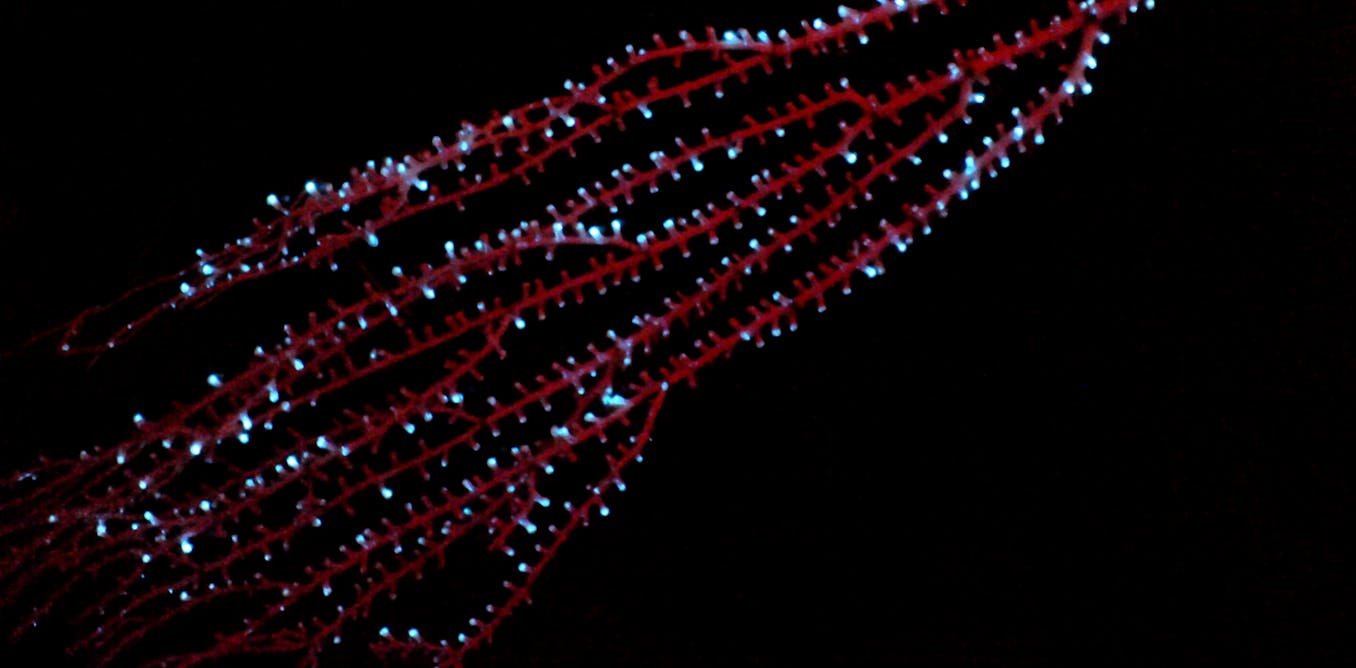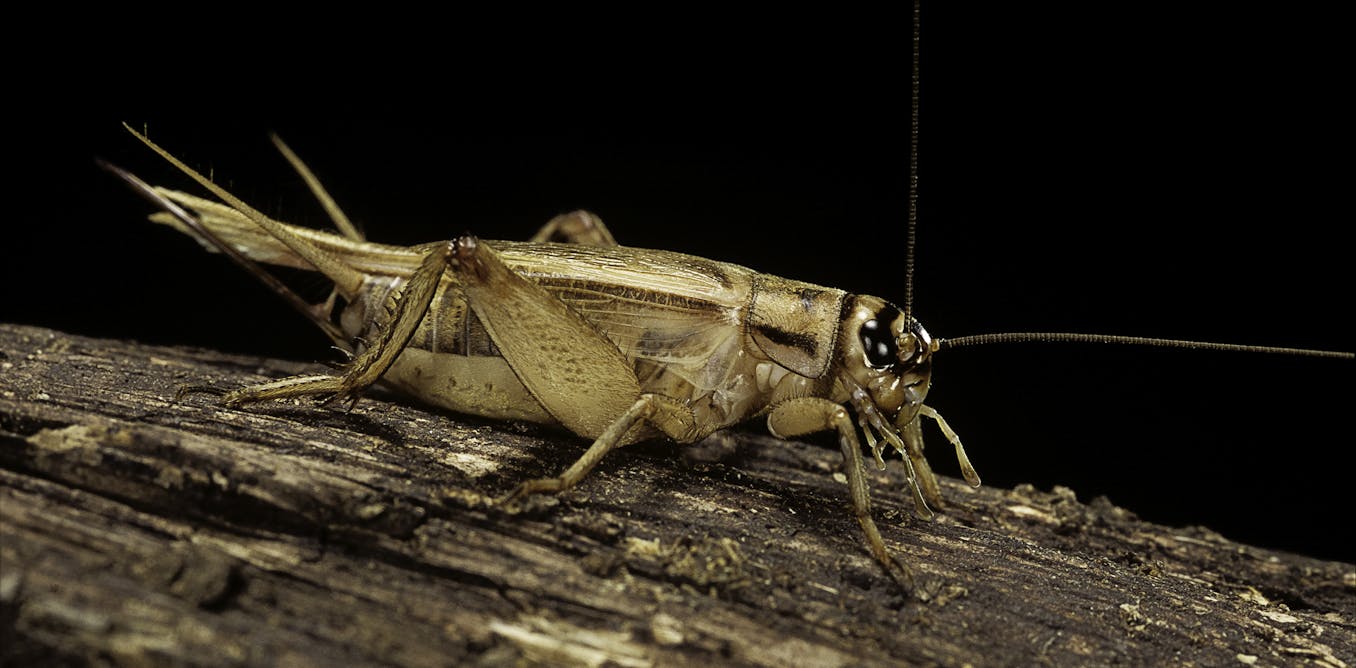From jellyfish to basking shark, we’re developing 100 new signs to deepen deaf people’s connection with the ocean
A new glossary of environmental science terms offers deaf people a new way to visualise and understand marine ecosystems.
Aug. 9, 2024 • ~6 min










